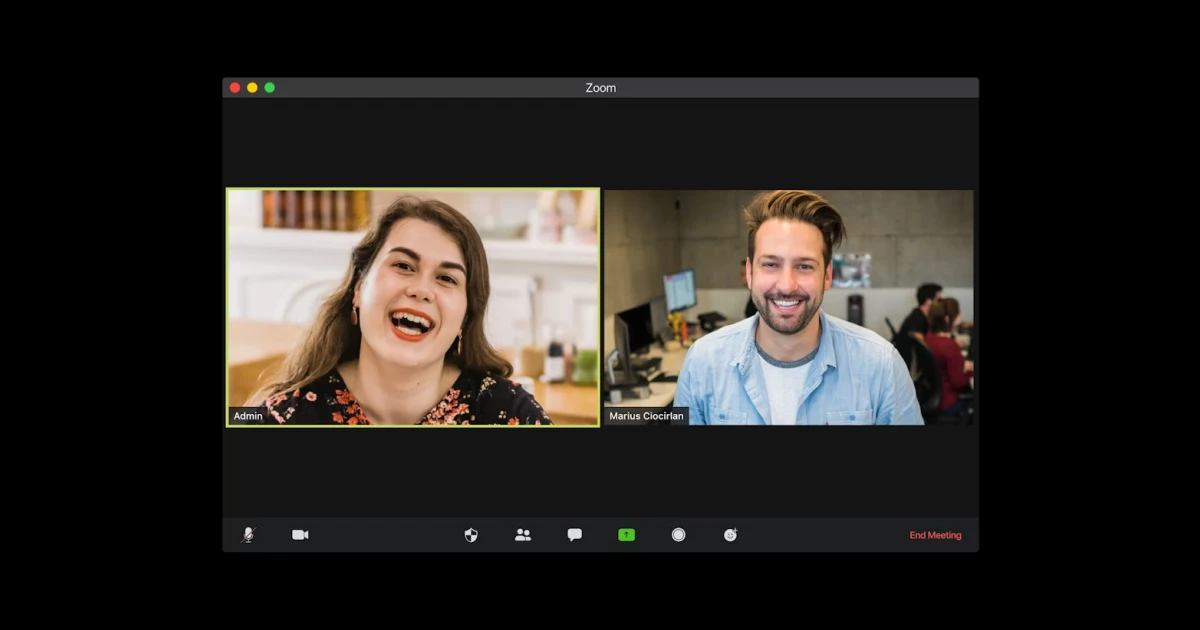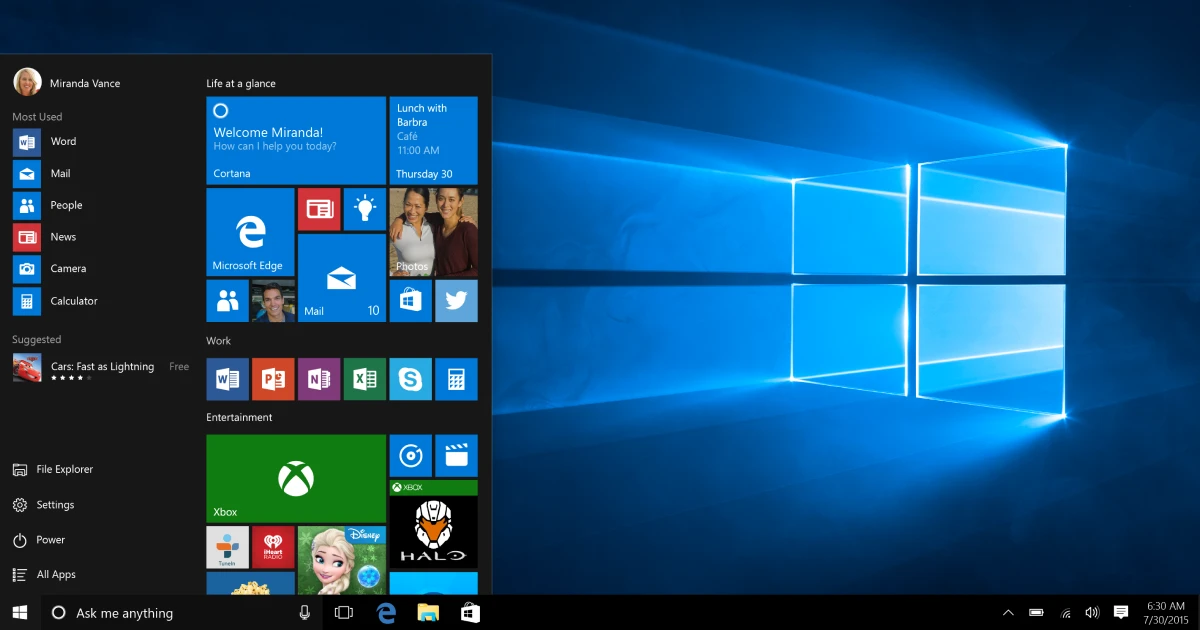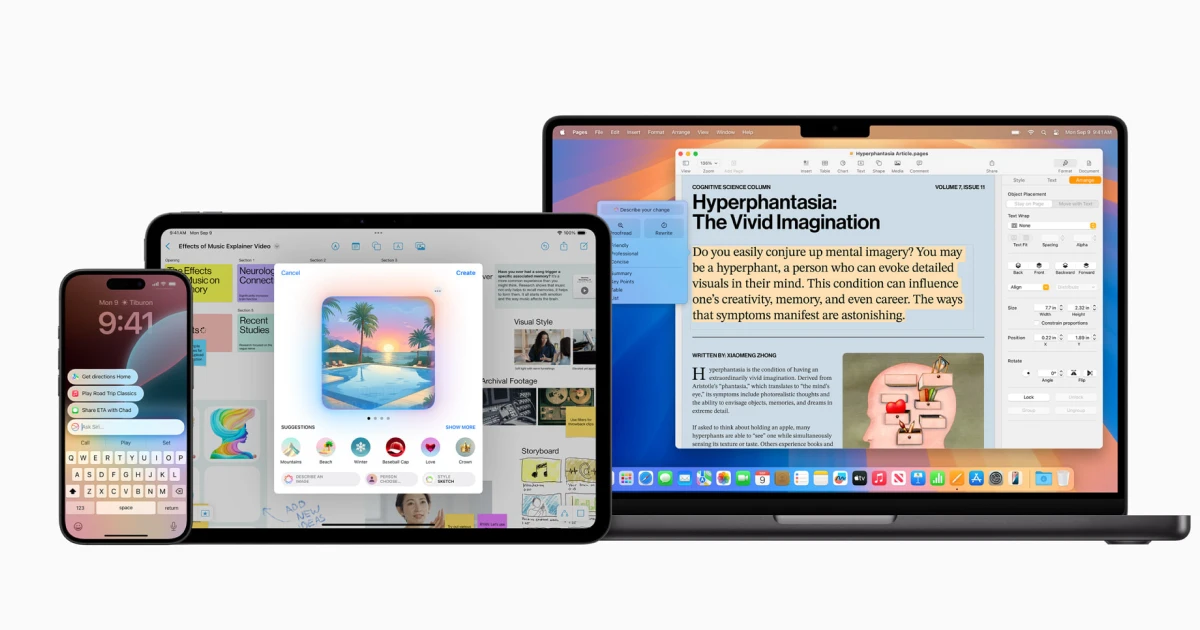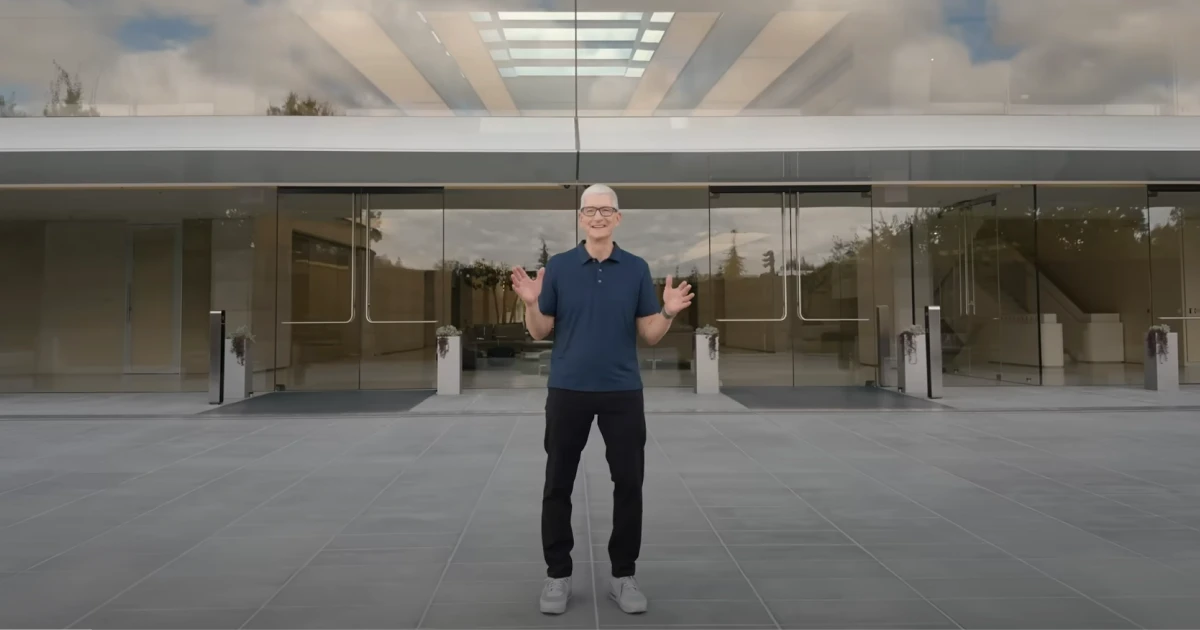Even more so, Professor Dame Wendy Hall, a computer scientist and an important advisor on artificial intelligence for the United Nations, told Reuters in an interview that as the work of the scientists and researchers deserves the recognition they received, the outcome for the Nobel Prize in computer science and mathematics was not expected.
"The Nobel prize committee doesn't want to miss out on this AI stuff, so it's very creative of them to push Geoffrey through the physics route," she said in the interview, and "I would argue both are dubious, but nonetheless worthy of a Nobel prize in terms of the science they’ve done. So how else are you going to reward them?"
Another important voice in the research community who spoke about the matter was Noah Giansiracusa, a mathematician and associate at Bentley University and author of “How Algorithms Create and Prevent Fake News” argued Hinton’s award.
"What he did was phenomenal, but was it physics? I don't think so. Even if there's inspiration from physics, they're not developing a new theory in physics or solving a longstanding problem in physics."
The categories for the Nobel Prize were chosen by Alfred Nobel, a Swedish investor, and were divided into achievements in medicine or physiology, physics, chemistry, literature, and peace. Even more so, the prize for economics is a later addition, which was established in 1968.




.webp)









